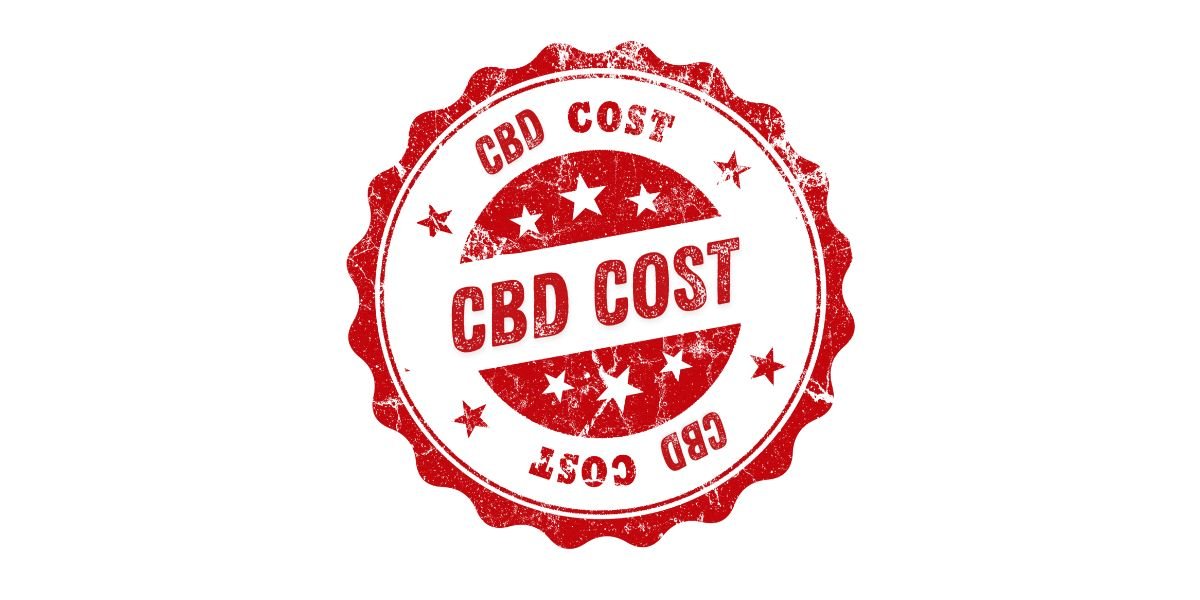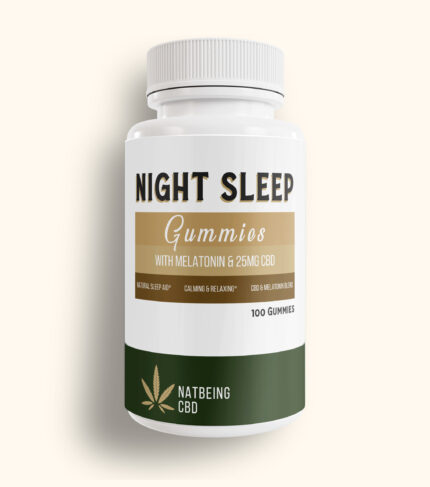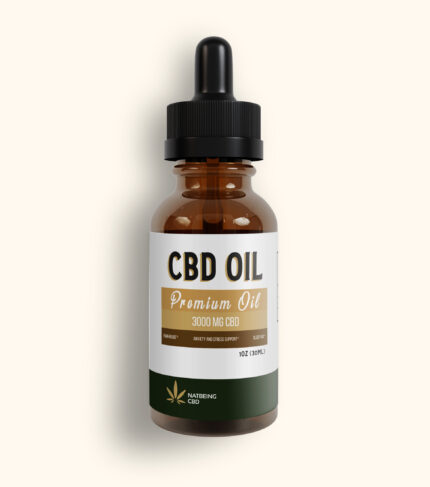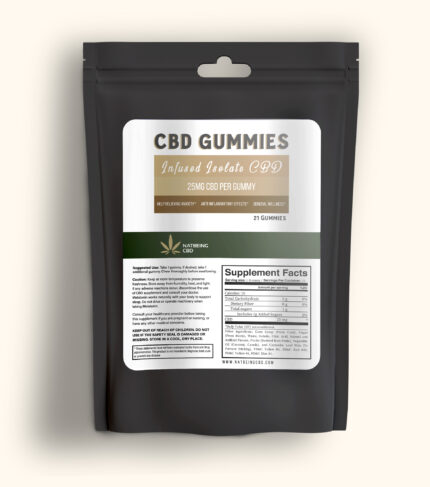
Blog
CBD is popular for its potential health benefits. But it has side effects too.
Understanding these effects is crucial for safe use. CBD, or cannabidiol, is a compound found in cannabis plants. It’s widely used for pain relief, anxiety reduction, and other health issues. Despite its benefits, CBD can cause unwanted side effects. People may experience fatigue, dry mouth, or changes in appetite.
Risks also exist, especially when mixed with other medications. Knowing what to expect helps users make informed choices. Research is ongoing, and experts continue to study CBD’s impact. Awareness of side effects and risks ensures better decision-making. This guide will explore the possible negative effects of CBD use.

Credit: www.mylungcancerteam.com
Common Side Effects
CBD has gained popularity for its potential health benefits, but it’s essential to be aware of the common side effects. Understanding these effects helps users make informed decisions. While CBD is generally well-tolerated, some individuals may experience mild reactions. Let’s explore these common side effects to provide clarity and guidance for those considering CBD.
Fatigue And Drowsiness
One of the most reported side effects of CBD is fatigue and drowsiness. Users may feel overly relaxed or sleepy. This can be an advantage for those looking to improve sleep quality, but it can be inconvenient during the day.
Several factors contribute to these feelings:
- Dosage: Higher doses of CBD might lead to increased drowsiness.
- Timing: Consuming CBD close to bedtime may accentuate sleepiness.
- Individual Sensitivity: Some people are naturally more sensitive to CBD’s calming effects.
Here’s a simple table outlining the relationship between dosage and drowsiness:
| CBD Dosage | Potential for Drowsiness |
|---|---|
| Low (10-20mg) | Minimal |
| Medium (20-40mg) | Moderate |
| High (40mg+) | High |
Adjusting the dosage and timing can help manage fatigue. Users should start with a low dose and gradually increase it as needed, monitoring their body’s response.
Dry Mouth
Another common side effect is dry mouth, often referred to as “cotton mouth.” CBD can inhibit saliva production, leading to dryness. This sensation is usually mild but can be uncomfortable.
To manage dry mouth:
- Stay Hydrated: Drinking water regularly can alleviate dryness.
- Chew Sugar-Free Gum: Stimulates saliva production.
- Avoid Alcohol and Caffeine: These can worsen dryness.
A simple remedy is to keep a bottle of water handy when consuming CBD products. Regular sips can help maintain moisture levels in the mouth. Additionally, consuming CBD with food might reduce this effect.
Changes In Appetite
CBD can cause changes in appetite, varying from increased hunger to reduced interest in food. Each person’s reaction can differ based on individual metabolism and body chemistry.
Possible appetite changes include:
- Increased Appetite: Some users report feeling hungrier after taking CBD.
- Decreased Appetite: Others might experience reduced hunger.
Understanding how CBD affects your appetite can be crucial for maintaining a balanced diet. Keeping a food journal might help track any changes in eating habits. Adjusting the dosage and timing of CBD consumption can also impact appetite levels, allowing users to find a balance that suits their needs.
Potential Health Risks
The use of CBD has gained popularity for its potential health benefits. Yet, it is crucial to understand the potential health risks associated with it. While many users find relief and comfort in CBD, some may experience adverse effects. These effects can vary based on individual health conditions and the interaction of CBD with other substances. Let’s explore some of the potential health risks.
Drug Interactions
CBD can interact with various medications, altering their effects. It is essential to be cautious if you are taking prescribed medicines. Here are some key points to consider:
- Metabolism Alteration: CBD can affect how your body processes certain drugs. This can lead to higher levels of the drug in your bloodstream.
- Blood Thinners: CBD may enhance the effects of blood thinners, increasing the risk of bleeding.
- Antidepressants: It can interact with antidepressants, leading to increased drowsiness or other side effects.
Consulting a healthcare provider is recommended before combining CBD with other medications. Here is a table showing some common drugs that might interact with CBD:
| Drug Type | Potential Interaction |
|---|---|
| Blood Thinners | Increased bleeding risk |
| Antidepressants | Increased drowsiness |
| Anti-seizure Medications | Altered drug levels |
Liver Damage
Excessive use of CBD might pose a risk to liver health. Studies suggest that high doses can affect liver function. Here are some factors to keep in mind:
- Dose-Dependent: Higher doses of CBD are more likely to impact liver enzymes.
- Pre-existing Conditions: Individuals with liver diseases should exercise caution.
- Regular Monitoring: Regular liver function tests are advised for frequent users.
While mild effects might not be noticeable, prolonged exposure to high doses could lead to liver damage. Consulting a healthcare provider for guidance on safe dosage is important.
Cardiovascular Concerns
CBD’s effects on the cardiovascular system are still being studied. There is some evidence that it might influence heart health. Consider these points:
- Blood Pressure: CBD may lower blood pressure, which can be beneficial for some but risky for others.
- Heart Rate: Some users report changes in heart rate after consuming CBD.
- Pre-existing Conditions: Those with heart conditions should use CBD cautiously.
While CBD offers potential benefits, understanding its impact on cardiovascular health is essential. A healthcare provider can provide personalized advice based on individual health needs.
Long-term Effects
CBD, short for cannabidiol, is a popular natural remedy used for many common ailments. Its use has grown exponentially, promising relief from anxiety, pain, and sleeplessness. While many users report positive experiences, it’s essential to be aware of the potential side effects and risks. Long-term effects of CBD are still being studied. Some concerns have arisen about dependency issues and mental health impacts.
Dependency Issues
CBD is often touted as non-addictive, but long-term use can lead to dependency for some individuals. While not as addictive as THC, CBD may still create habitual patterns. Users might find themselves relying on it to manage stress or pain.
Potential signs of dependency include:
- Increased tolerance over time
- Cravings for CBD products
- Difficulty functioning without CBD
Studies are ongoing to understand the full scope of CBD dependency. It’s crucial to monitor usage patterns and consult health professionals if dependency concerns arise. Moderation and mindful consumption can mitigate these risks.
Mental Health Impacts
CBD is often used for its calming effects. Yet, prolonged use might affect mental health. Some users report changes in mood or anxiety levels. It’s crucial to recognize these potential impacts.
Possible mental health effects include:
- Altered mood and irritability
- Increased anxiety or paranoia
- Disrupted sleep patterns
A table below summarizes findings from various studies:
| Effect | Study Results |
|---|---|
| Mood Changes | 10% of users report mood alterations |
| Anxiety Increase | 5% experience heightened anxiety |
| Sleep Disturbance | 7% notice sleep irregularities |
Understanding these impacts can help users make informed choices about long-term CBD use. Consulting with mental health professionals can provide guidance tailored to individual needs.
Regulatory Concerns
CBD products are gaining popularity for their potential health benefits. Yet, there are regulatory concerns that consumers should be aware of. These concerns primarily revolve around the lack of strict regulations governing CBD production. This can lead to inconsistencies in product quality and transparency. Without a clear regulatory framework, consumers might face challenges in finding safe and effective CBD products. Understanding the regulatory landscape is crucial for anyone considering using CBD.
Quality Control
The quality control of CBD products is a significant concern. Many products on the market do not undergo rigorous testing. This can result in variations in the concentration of CBD and the presence of contaminants. Consumers should be cautious about where they purchase their CBD.
- Testing Labs: Not all CBD products are tested in certified labs. This can lead to inaccurate labeling.
- Contaminant Risks: Some products may contain pesticides or heavy metals.
- CBD Concentration: Variations in CBD concentration can affect product effectiveness.
Checking for third-party testing results can provide some assurance of quality. It’s important to look for products with a certificate of analysis. This document verifies the product’s contents and safety. A table of contaminants and risks can be useful:
| Contaminant | Potential Risk |
|---|---|
| Pesticides | Health problems over time |
| Heavy metals | Toxicity issues |
Labeling And Dosage
Labeling and dosage present another challenge. Many CBD products feature inconsistent labeling, making it hard to know what you’re consuming. Proper labeling should include the amount of CBD per serving, ingredients, and usage instructions.
- Inaccurate Labels: Some products misrepresent the amount of CBD.
- Missing Information: Labels may lack crucial details like ingredients or potential allergens.
- Dosage Variability: Dosage recommendations can vary widely between products.
Understanding dosage is important for safety and effectiveness. Consumers should start with a low dose and gradually increase as needed. It’s wise to consult with a healthcare provider for personalized advice. A clear dosage guide can help:
| Dosage | Recommendation |
|---|---|
| Low | Start with small amounts |
| Medium | Adjust based on effects |
| High | Consult a healthcare provider |
Vulnerable Populations
While CBD is often praised for its potential health benefits, it’s crucial to understand the side effects and risks, especially for vulnerable populations. These groups may face unique challenges and potential health risks when using CBD. Understanding these risks is essential for making informed decisions about CBD use.
Pregnant And Nursing Women
Pregnant and nursing women must be cautious with CBD. The safety of CBD use during pregnancy and breastfeeding is not well-researched. This lack of data means potential risks could be unknown.
Possible concerns include:
- Impact on fetal development
- Potential transfer through breast milk
- Unknown effects on infant health
Research in this area is limited. Animal studies suggest possible risks, but human studies are lacking. Some potential issues include:
| Potential Risk | Description |
|---|---|
| Developmental Effects | CBD might affect brain development in fetuses. |
| Milk Transfer | CBD may pass through breast milk, affecting the baby. |
Consulting healthcare professionals is crucial. Pregnant and nursing women should discuss CBD use with their doctors to weigh potential benefits and risks.
Children And Adolescents
CBD use in children and adolescents requires careful consideration. The developing brain and body may react differently to CBD compared to adults. This age group is particularly sensitive to substances that affect the nervous system.
Key concerns include:
- Impact on brain development
- Potential behavioral changes
- Long-term health effects
Though CBD might help with certain conditions like epilepsy, the broader effects on young brains remain largely unknown. Parents should consider:
| Consideration | Details |
|---|---|
| Medical Supervision | Use should be under strict medical guidance. |
| Dosage | Proper dosage is critical to minimize risks. |
Discussing CBD use with a healthcare provider is essential for children and adolescents. An informed approach helps in understanding the potential impacts and ensuring safety.
Cbd In Combination With Other Substances
CBD, short for cannabidiol, has gained popularity for its potential benefits. Yet, it’s essential to understand its side effects and risks, especially when combined with other substances. Mixing CBD with alcohol or medications may lead to unexpected results. Knowing these interactions helps users make informed decisions about CBD consumption. Let’s delve into how CBD interacts with alcohol and various medications.
Alcohol
Combining CBD with alcohol may seem harmless. Both have calming effects, but together, they might enhance each other’s impact. This combination can lead to increased sedation. Users may feel extremely relaxed, which might not be safe in certain situations.
Consider these potential effects:
- Increased drowsiness
- Impaired motor skills
- Lowered inhibitions
- Memory problems
For those who consume both, it’s crucial to monitor their body’s response. Some studies suggest that CBD might protect the liver from alcohol’s damaging effects. Yet, more research is needed to confirm these findings. It’s wise to limit alcohol intake when using CBD.
Here’s a simple table to summarize the potential interactions:
| Effect | Impact |
|---|---|
| Increased sedation | Feeling overly relaxed |
| Impaired judgment | Difficulty making decisions |
Medications
CBD can interact with various medications. This is because CBD affects the way the body processes certain drugs. It can alter the levels of medication in the bloodstream, which might reduce or increase their effects.
Here are some common medications that might interact with CBD:
- Blood thinners
- Antidepressants
- Antiepileptic drugs
- Antihistamines
For blood thinners, CBD may increase their effectiveness. This can lead to a higher risk of bleeding. Antidepressants may also show altered effects, impacting mood stability. Users should consult with healthcare providers before mixing CBD with any medication. It’s important to ensure that no adverse effects occur.
Understanding these interactions helps in making safe choices. Always prioritize safety and seek professional advice when needed.
Research Gaps
CBD, short for cannabidiol, is a popular compound found in cannabis plants. Many people use it for its potential health benefits, like reducing anxiety and pain. Despite its popularity, there are concerns about CBD side effects and risks. These issues arise due to research gaps in understanding CBD’s full impact on health. Proper research can help clarify how CBD interacts with the body and identify any negative effects. Let’s explore these gaps and understand why more studies and standardization are needed.
Need For More Studies
CBD is widely used, but scientific research is lagging. Many claims about its benefits and risks rely on anecdotal evidence. This makes it hard to separate fact from fiction. To address this, more studies are needed.
- Limited Clinical Trials: Few trials have been conducted to understand CBD’s effects. More trials could provide concrete evidence on its benefits and risks.
- Long-term Effects: Most studies focus on short-term use. Understanding the long-term effects of CBD is crucial for safety.
- Specific Conditions: Research often generalizes CBD’s effects. Studying its impact on specific conditions can lead to better usage guidance.
Scientific studies require time and resources, but they offer reliable data. Without comprehensive research, users may face unexpected health issues. Encouraging more studies can fill these gaps and enhance our understanding of CBD.
Lack Of Standardization
CBD products vary widely in quality and composition. This lack of standardization poses risks to consumers. Standardization can ensure safety and efficacy.
Product Composition: CBD products may contain varying levels of CBD and other compounds. Without standardization, consumers cannot be sure of what they are ingesting.
Quality Control: Not all CBD products undergo rigorous testing. This can lead to impurities or inaccurate labeling.
| Standardization Benefits | Explanation |
|---|---|
| Consistency | Ensures each product has the same concentration of CBD. |
| Safety | Reduces the risk of consuming harmful substances. |
| Trust | Builds consumer confidence in CBD products. |
Establishing industry standards can protect users and enhance the credibility of CBD products. Clear guidelines can help consumers make informed choices about their health.

Credit: www.alpenglowpain.com
User Precautions
CBD, a popular natural remedy, is known for its potential benefits. Yet, it can have side effects and risks. Users should take precautions to enjoy its benefits safely. Understanding these precautions can help minimize any adverse effects. This guide will focus on two crucial aspects: consulting healthcare providers and starting with low doses.
Consulting Healthcare Providers
Talking to healthcare providers before using CBD is essential. They can offer valuable insights about potential interactions and side effects. Here are some key reasons why this step is important:
- Medication Interactions: CBD can affect how other medications work. Doctors can advise on potential interactions.
- Health Conditions: Certain conditions may not mix well with CBD. Medical advice ensures safety.
- Proper Dosage: Providers can suggest appropriate doses based on individual health needs.
Consulting a healthcare provider ensures personalized guidance. It helps understand how CBD might affect your health. It is particularly important for those with chronic conditions or who take regular medications.
| Reason | Benefits |
|---|---|
| Medication Interactions | Avoid adverse effects |
| Health Conditions | Ensure safe use |
| Proper Dosage | Receive tailored advice |
Starting With Low Doses
Starting with low doses is a wise approach for new CBD users. Gradually increasing the dose allows monitoring of the body’s response. Here’s why starting small is beneficial:
- Minimized Side Effects: Lower doses reduce the risk of experiencing side effects.
- Understanding Tolerance: Helps gauge personal tolerance and adjust accordingly.
- Cost-Effective: Using less initially can be more economical.
A slow and steady increase in dosage is recommended. Monitor any changes in your body and adjust as needed. This method helps build a better understanding of how CBD affects you. It is particularly useful for those new to CBD or with sensitive systems.
- Begin with a small dose.
- Observe the body’s reaction.
- Gradually increase if necessary.
:max_bytes(150000):strip_icc()/potential-side-effects-of-cbd-5072819-Color-4c956576aea84aa093fde1b1b10ce31c.png)
Credit: www.verywellmind.com
Frequently Asked Questions
Are There Negative Side Effects To Taking Cbd?
CBD can cause dry mouth, fatigue, and drowsiness. Some users report reduced appetite or diarrhea. It may interact with medications, so consult your doctor. Always start with a low dose and monitor your body’s response.
Is It Safe To Take Cbd Every Day?
Taking CBD daily is generally considered safe for most people. Consult your healthcare provider before starting. Ensure product quality and proper dosage for optimal benefits. Monitor your body’s response to CBD. Always choose reputable brands for safety and effectiveness.
Who Should Not Use Cbd?
Pregnant or breastfeeding women should avoid CBD. People with liver issues or on medication should consult a doctor. Individuals with a history of allergies to cannabinoids should refrain from using CBD. Those with mental health conditions should seek medical advice before using CBD products.
How Does Cbd Affect Your Organs?
CBD may affect organs like the liver by influencing enzyme activity. It can impact how the liver processes certain medications. Kidney effects are less understood. Generally, CBD is considered safe, but it’s important to consult a healthcare professional for personalized advice.
Regular monitoring is recommended for those with liver conditions.
Conclusion
CBD offers potential benefits but carries risks too. Side effects vary. Some may experience drowsiness or dry mouth. Others might face mood changes. Serious reactions are rare but possible. Always consult a healthcare professional before use. Start with low doses.
Monitor your body’s response. Remember, everyone reacts differently. CBD is not a one-size-fits-all solution. Be cautious and informed. Research thoroughly. Understand the legal status in your area. Choose products wisely. Quality matters. Protect your health by staying informed. Knowledge empowers safer choices.
Stay safe and make educated decisions.
Related posts
How Fast Does CBD Cream 5000mg Work on Sore Muscles?
Menthol and CBD: A Dynamic Duo for Pain Relief
Delta-8 vs Delta-9 THC: Which One Is Right for You?
CBD Cream 5000mg: Powerful Relief for Pain, Muscles & Joints
CBD for Arthritis Pain: What You Should Know
CBD Creams: Made with Hemp Oil for Pain Relief & Joint Support
Understanding Oral CBD vs Topical CBD: Which Works Best for You?
How CBD Cream Supports Your Body’s Natural Balance
CBD Cream for Arthritis Joint Pain: A Natural Way to Find Relief
Is CBD Cream the Secret to Glowing, Healthy Skin?
How CBD Cream Works on Your Skin
CBD Cream Costs: Finding the Perfect Balance Between Price and Quality
Table Of Contents
Recent Posts
Products
-
 CBD Cream 5000mg – Extra Strength Pain Relief Topical Rated 4.83 out of 5$33.93 – $49.99Price range: $33.93 through $49.99 — or subscribe and save up to 25%
CBD Cream 5000mg – Extra Strength Pain Relief Topical Rated 4.83 out of 5$33.93 – $49.99Price range: $33.93 through $49.99 — or subscribe and save up to 25% -
 CBD Sleep Gummies 2500mg With Melatonin - 100 count Rated 5.00 out of 5
CBD Sleep Gummies 2500mg With Melatonin - 100 count Rated 5.00 out of 5$69.99Original price was: $69.99.$34.99Current price is: $34.99. -
 3000mg CBD Oil Rated 5.00 out of 5$29.90
3000mg CBD Oil Rated 5.00 out of 5$29.90 -
 CBD Gummies 500 mg - 21 Gummies Rated 5.00 out of 5$19.90 – $23.00Price range: $19.90 through $23.00
CBD Gummies 500 mg - 21 Gummies Rated 5.00 out of 5$19.90 – $23.00Price range: $19.90 through $23.00
